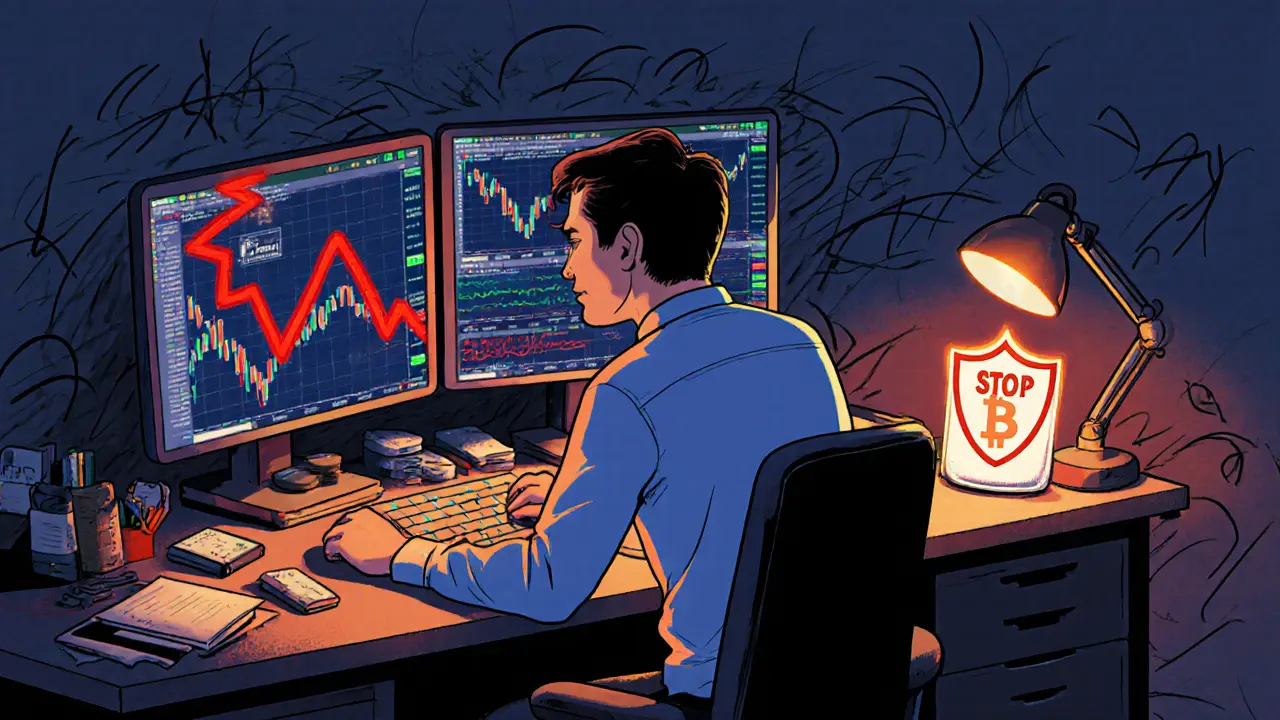Risk Management in Crypto: How to Protect Your Investments from Loss
When you hold crypto, risk management, the practice of identifying, evaluating, and reducing potential losses in digital asset investments. Also known as crypto safety, it’s not about avoiding the market—it’s about surviving it. Most people lose money not because crypto crashes, but because they never set boundaries. They put everything into one coin, store their seed phrase online, or chase airdrops without checking if they’re real. That’s not investing. That’s gambling with your savings.
Real risk management means knowing what to avoid before you even click "buy." It’s why you store your seed phrase on metal, not a screenshot. It’s why you don’t trust exchanges like Step Exchange or Wavelength that have no reviews, no audits, and no history. It’s why you skip airdrops like EVA or THOREUM x CoinMarketCap when no official source confirms them. The posts below show how Argentines use stablecoins to protect savings from inflation, how Pakistan bypasses banking bans with crypto, and how Norway’s mining rules are misunderstood. These aren’t stories—they’re lessons in how to think before you act.
Some of these risks are technical: quantum-resistant cryptography is coming because today’s encryption won’t last. Others are human: people lose billions because they don’t know how to back up their wallet. You’ll find guides here on solo vs pool mining, how to spot fake exchanges, and why most meme coins like MIMO or POP are already dead. You’ll also see what happens when governments crack down—like in Cambodia, Kazakhstan, or China—where crypto didn’t disappear, it just went underground. None of this is theoretical. Every example here is real, recent, and happened to actual people.
There’s no magic formula to make crypto risk-free. But there is a clear path to not losing everything. The posts below give you the tools: how to verify airdrops, why seed phrase storage matters more than price charts, and how to tell if a platform is legit or a scam. You don’t need to predict the market. You just need to protect yourself from the people who already did.
